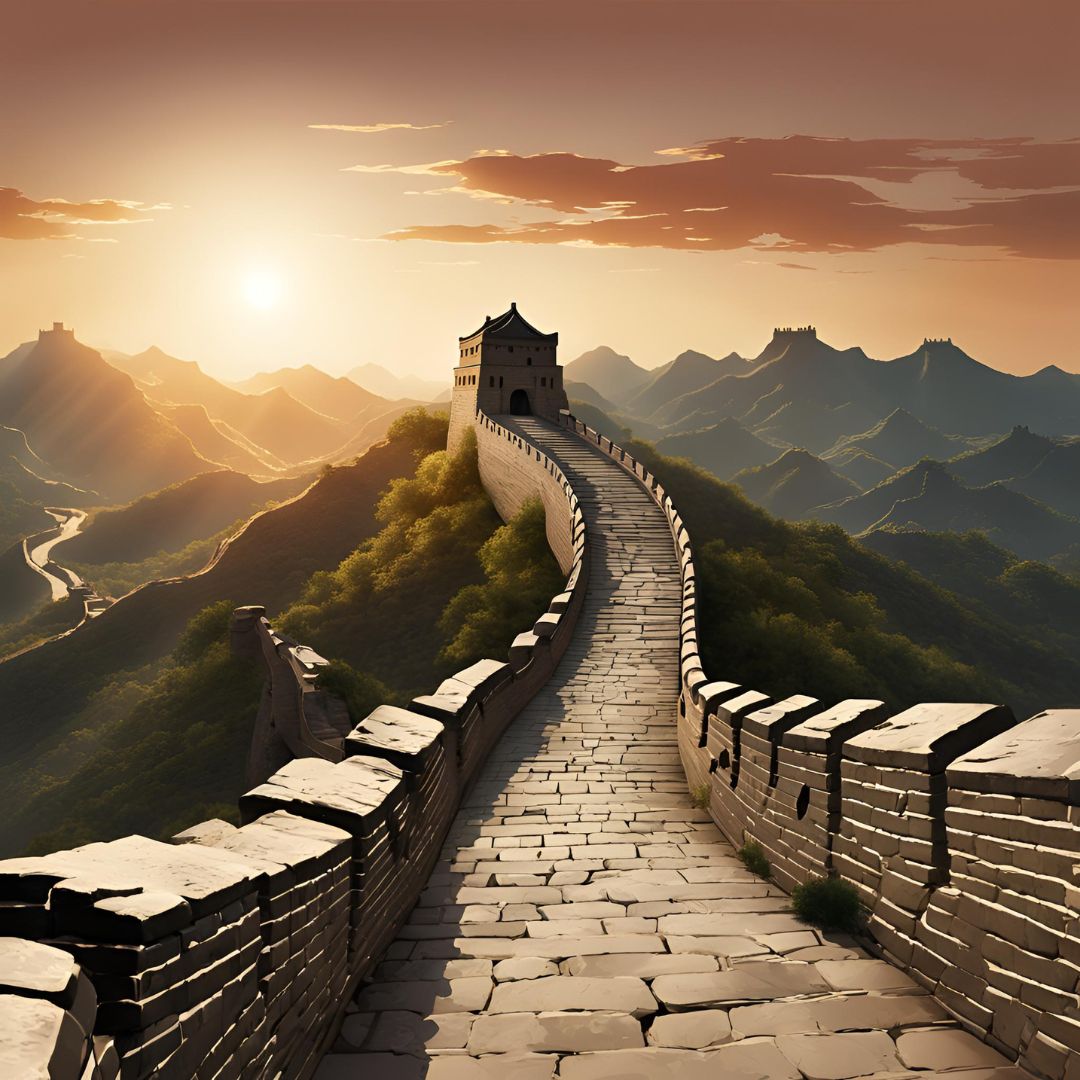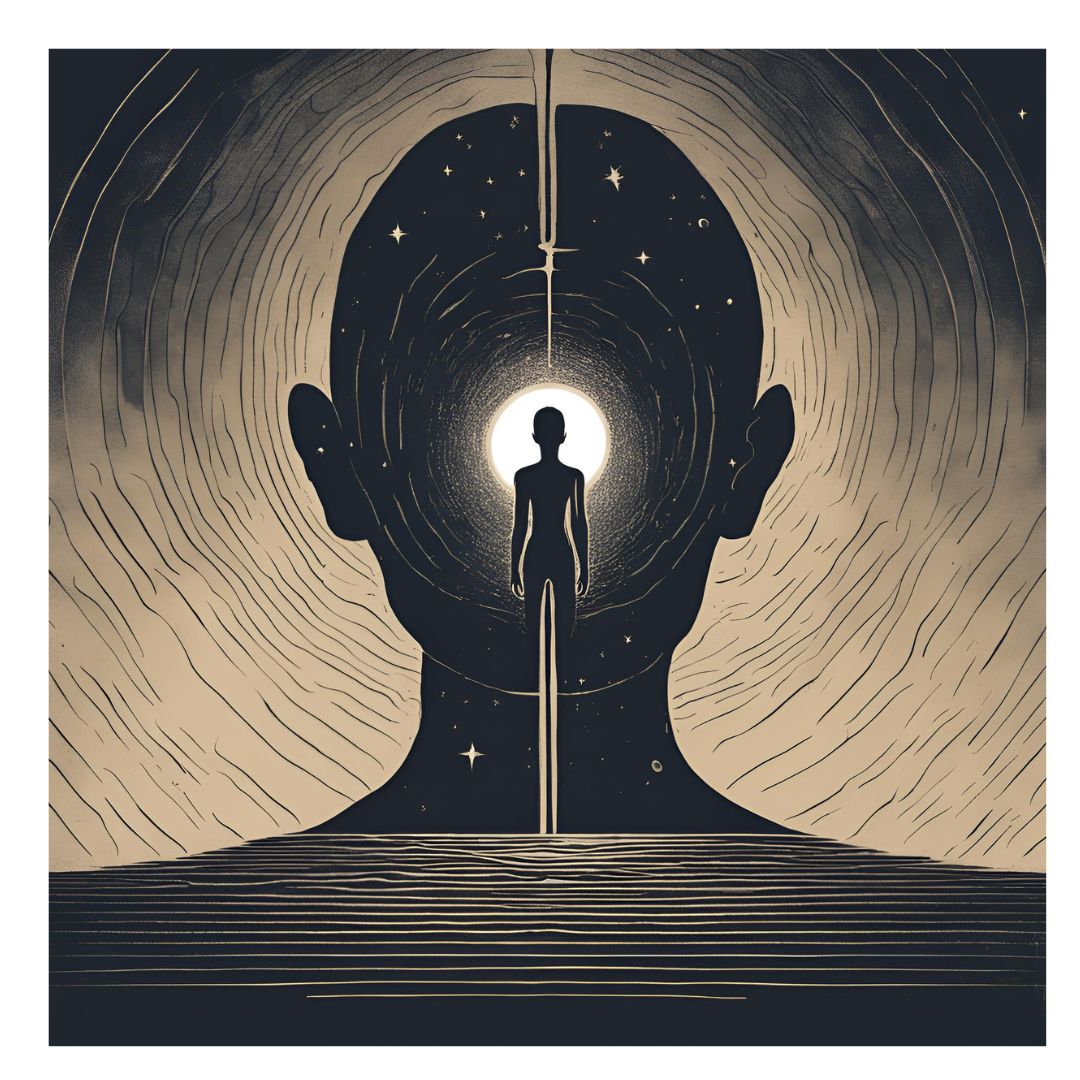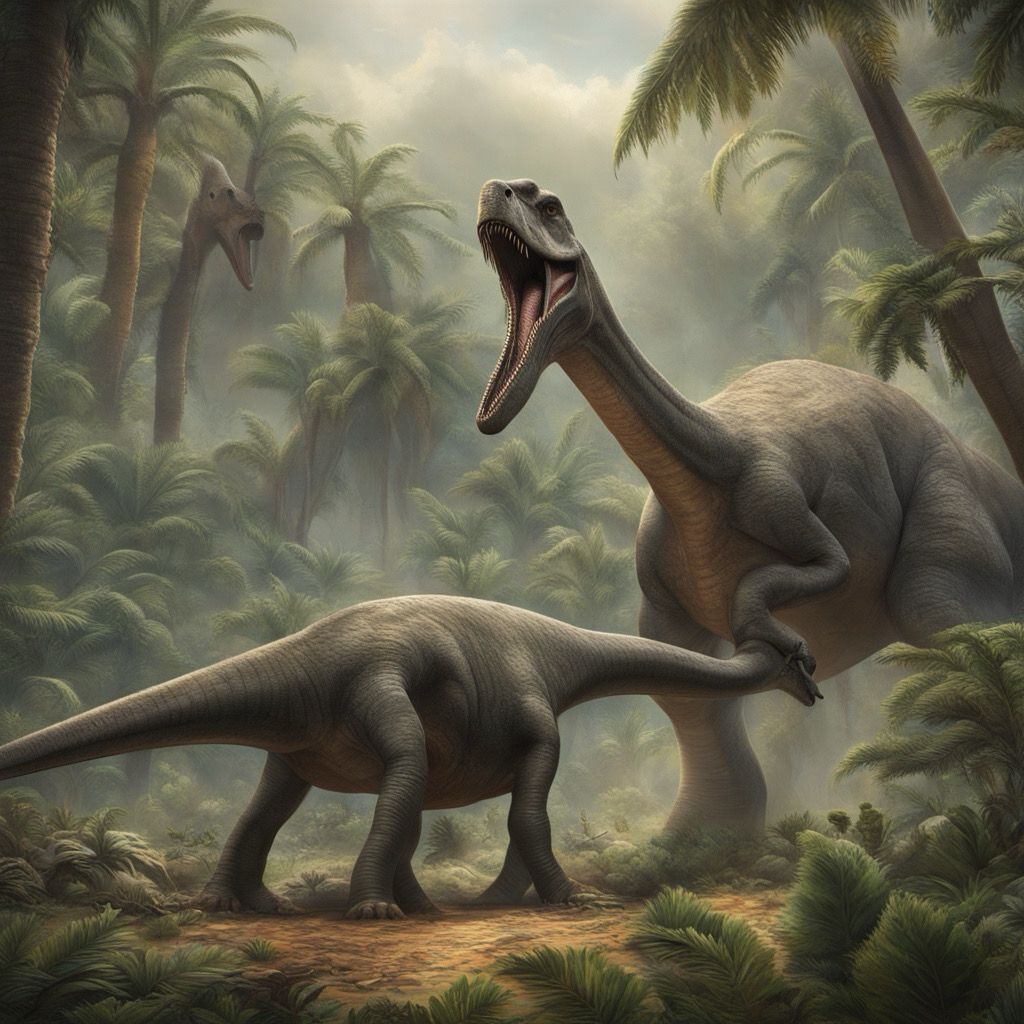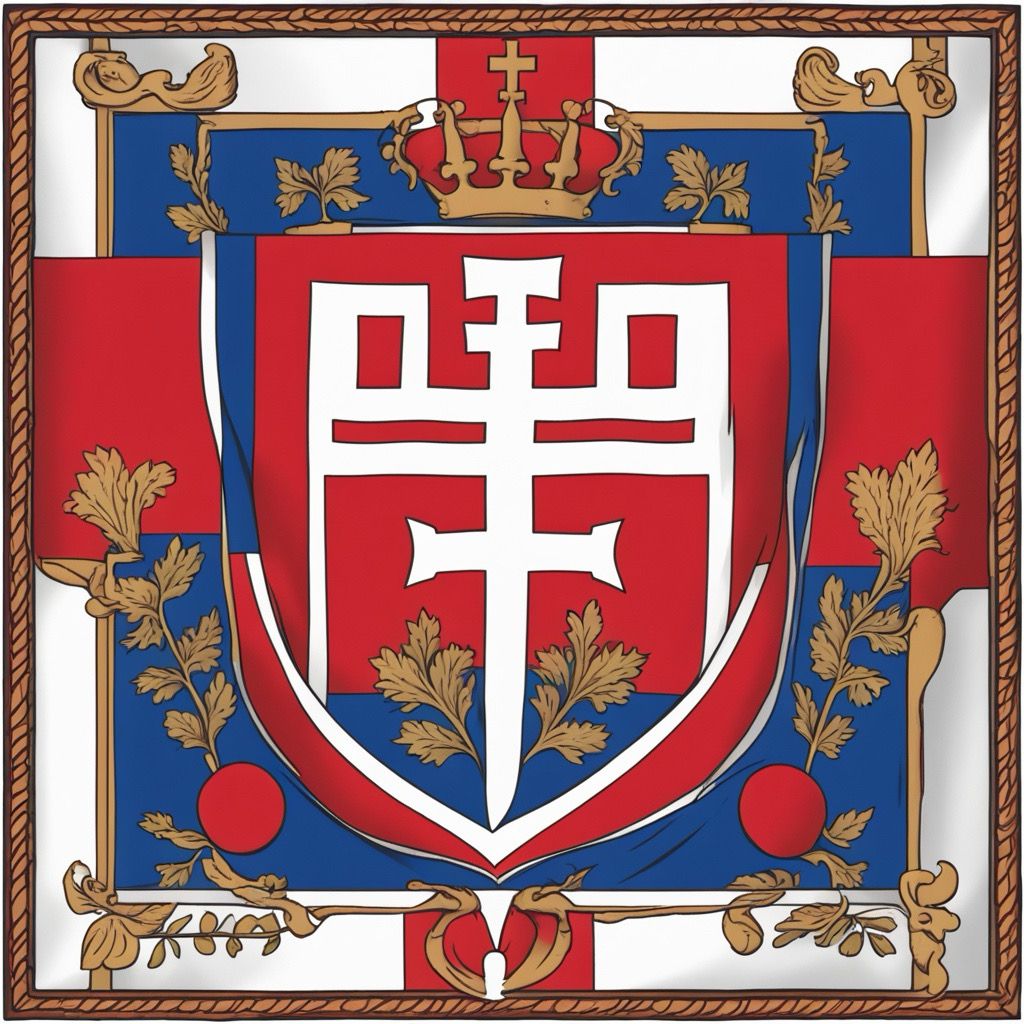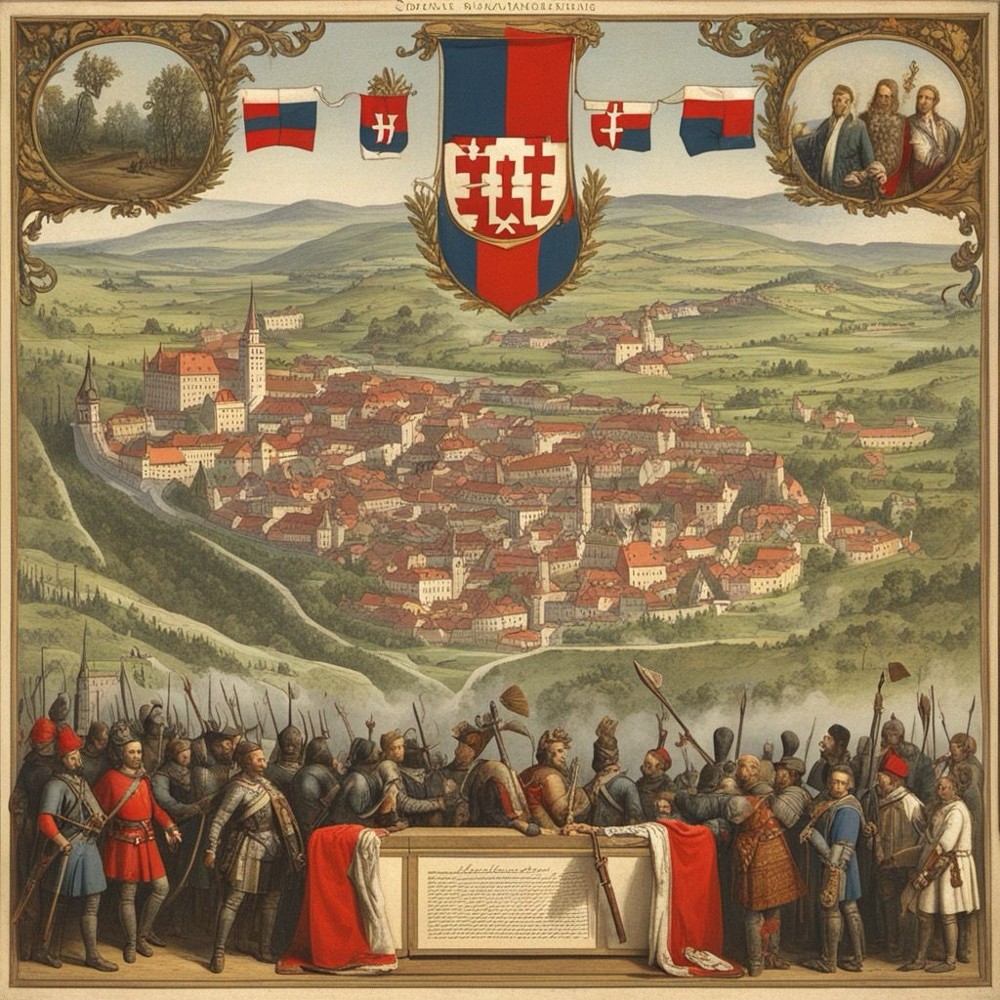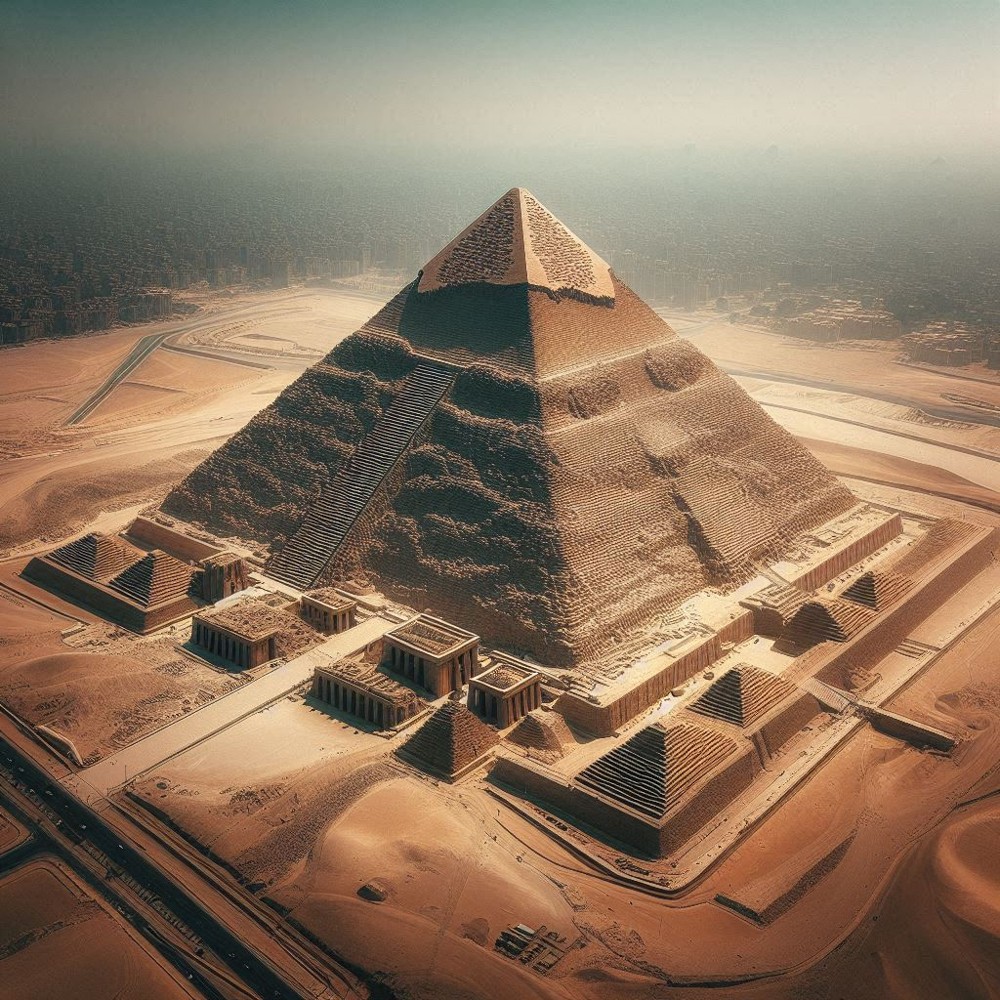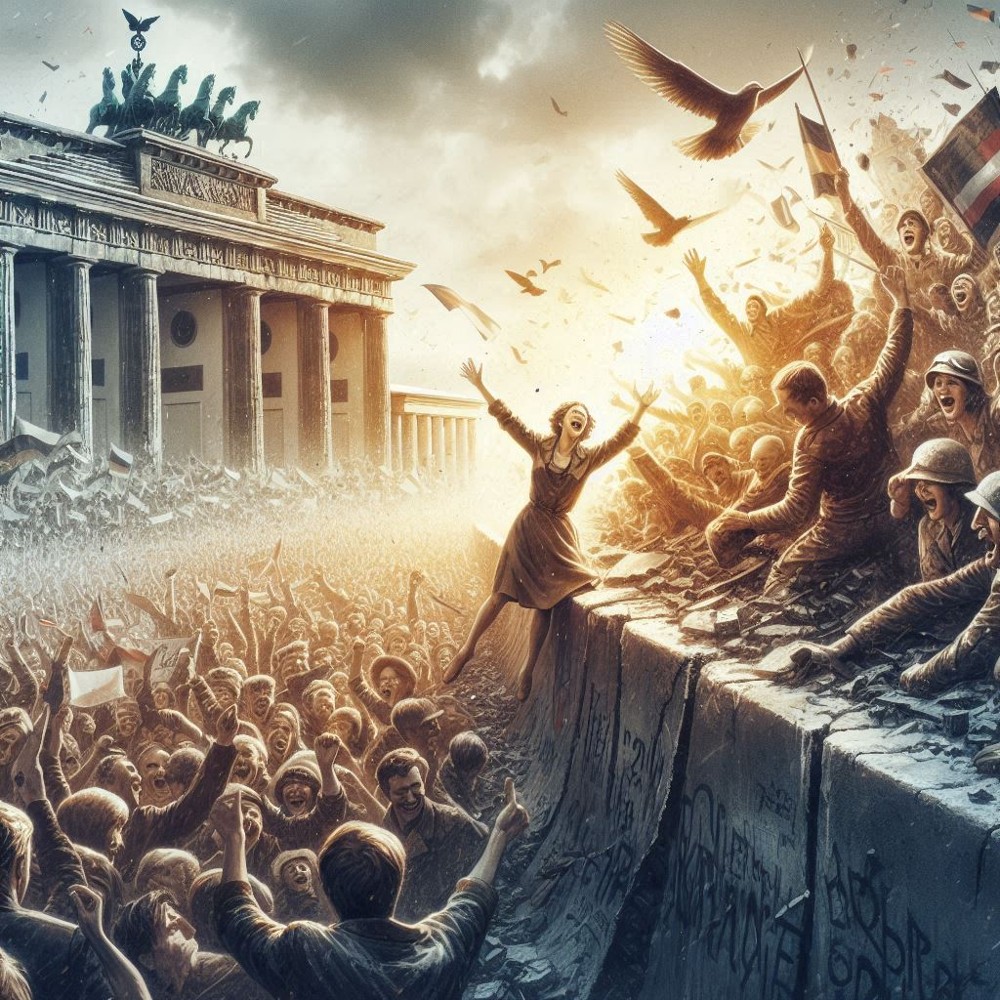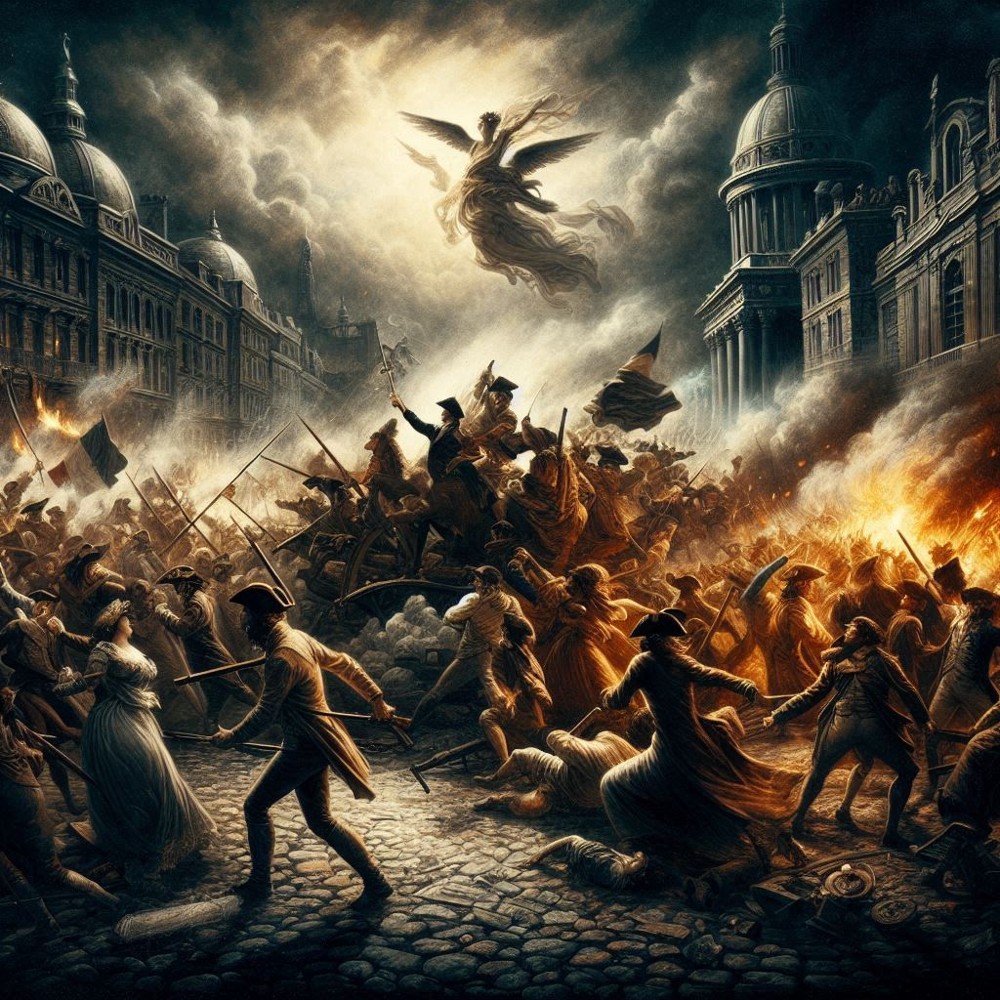Published: 4 months ago
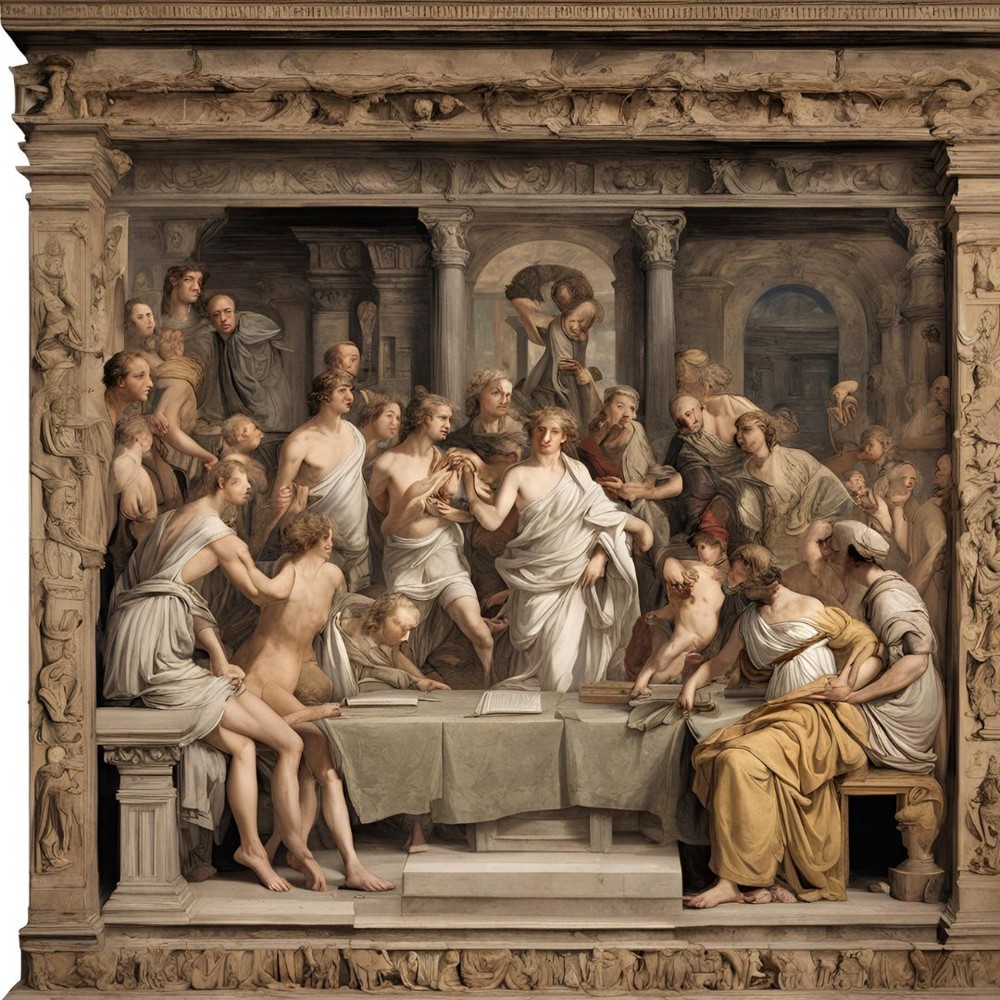
History
Summary
The Renaissance, spanning from the 14th to the 17th centuries, was a period of profound cultural, artistic, and intellectual revival in Europe. It marked the transition from the medieval period to the modern era and was characterized by a renewed interest in classical learning, literature, and art.
Article
One of the defining features of the Renaissance was the revival of interest in the culture and literature of ancient Greece and Rome. This renewed interest in classical antiquity led to a flowering of art, literature, and learning that transformed European culture.
The Renaissance saw the emergence of many great artists, writers, and thinkers who produced some of the most enduring works of art and literature in history. Artists such as Leonardo da Vinci, Michelangelo, and Raphael created masterpieces that are still admired and studied today, while writers such as William Shakespeare and Miguel de Cervantes produced works that are considered among the greatest in world literature.
The Renaissance also saw significant advancements in science, technology, and exploration. The invention of the printing press by Johannes Gutenberg revolutionized the spread of knowledge and ideas, while the exploration of new lands by explorers such as Christopher Columbus and Vasco da Gama expanded the horizons of European civilization.
The Renaissance was not without its challenges, however. The period was marked by religious conflict, political upheaval, and social change. The Protestant Reformation, sparked by Martin Luther in 1517, challenged the authority of the Catholic Church and led to a series of religious wars and conflicts that shaped the course of European history.
Despite these challenges, the Renaissance laid the foundation for the modern world. It was a period of extraordinary creativity and innovation that transformed European culture and laid the groundwork for the scientific and cultural advancements of the modern era.
No opinions exist on this article yet!
Be the first one to share an opinion on this article.
This article does not have any attachments.
No Access
Share access to start recording your opinion


